Canadian bishops from the Anglican Church of Canada and the Evangelical Lutheran Church in Canada have written an open letter insisting that the government pay everyone a ‘basic income’ whether they work or not.
Where is the money going to come from? They don’t say: presumably from people who are working. Why work if you are paid not to work? They don’t say, although they are probably suffering from the woolly liberal delusion that people are innately good and will naturally want to work to support those who find laziness too tempting to resist – like me.
What is really behind this? I expect they are all afraid of losing their jobs and have an uneasy feeling that they would be unemployable in any other profession.
A Public Letter on Guaranteed Basic Income
By General Synod Communications on May 3, 2020
Dear Prime Minister, Deputy Prime Minister and Minister Morneau:
Subject: COVID-19 Pandemic – Guaranteed Basic Income
We write from across our country – from the tundra of the high Arctic, the out-ports of the Atlantic coast, from French and English speaking Canada, from urban to rural, the Prairies, the Rockies and coastal mountains and from the Pacific coast; we write as Indigenous people and as non-Indigenous. We write from across denominational traditions. As bishops of the Evangelical Lutheran Church in Canada and the Anglican Church of Canada we write, compelled by our shared faith convictions and moral obligation to care for the human condition of all.
Although we represent great diversity, we write to you because we are united, and morally bound in a singular message: Canada needs Guaranteed Basic Income for all. We need it today.


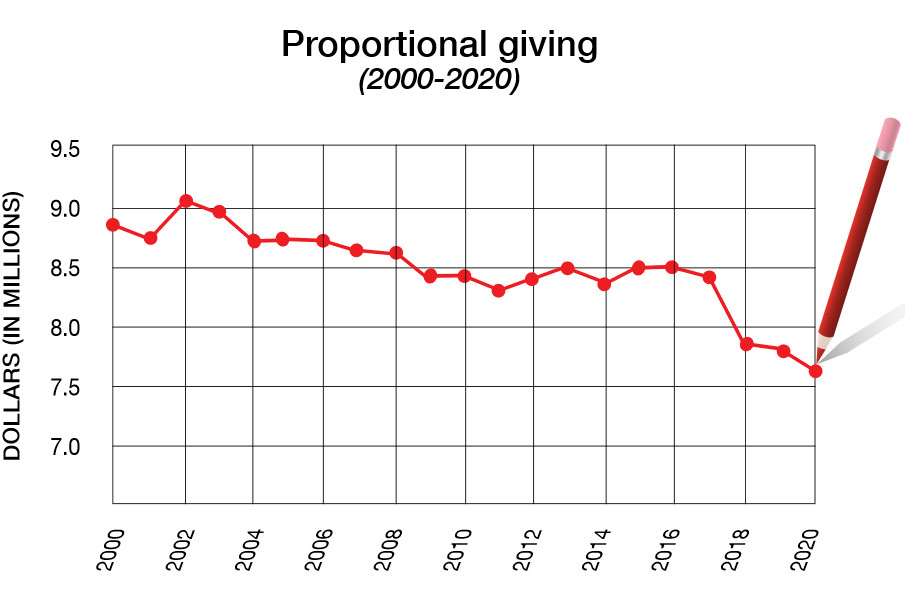
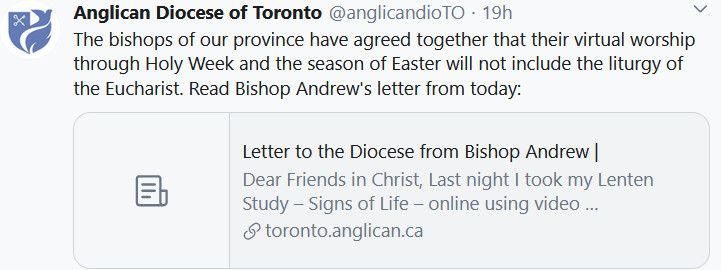
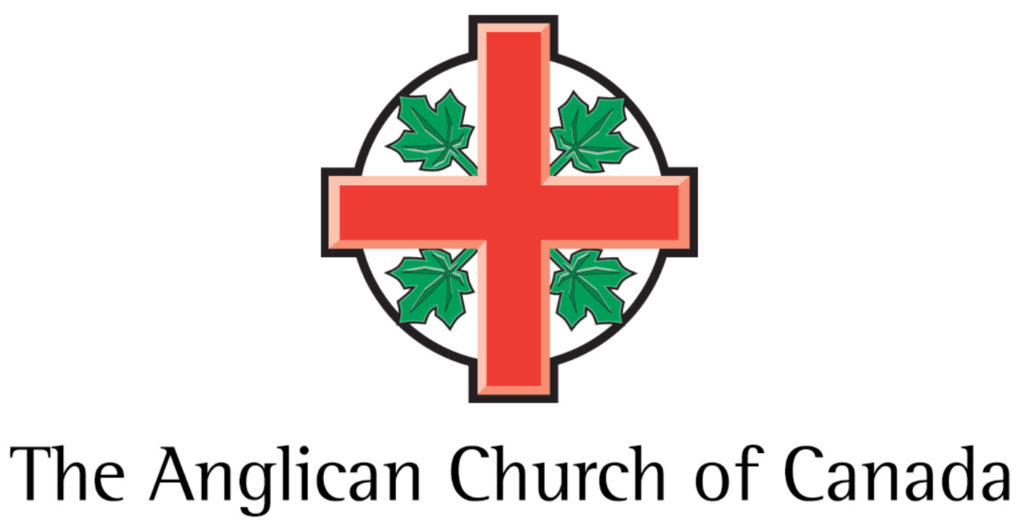

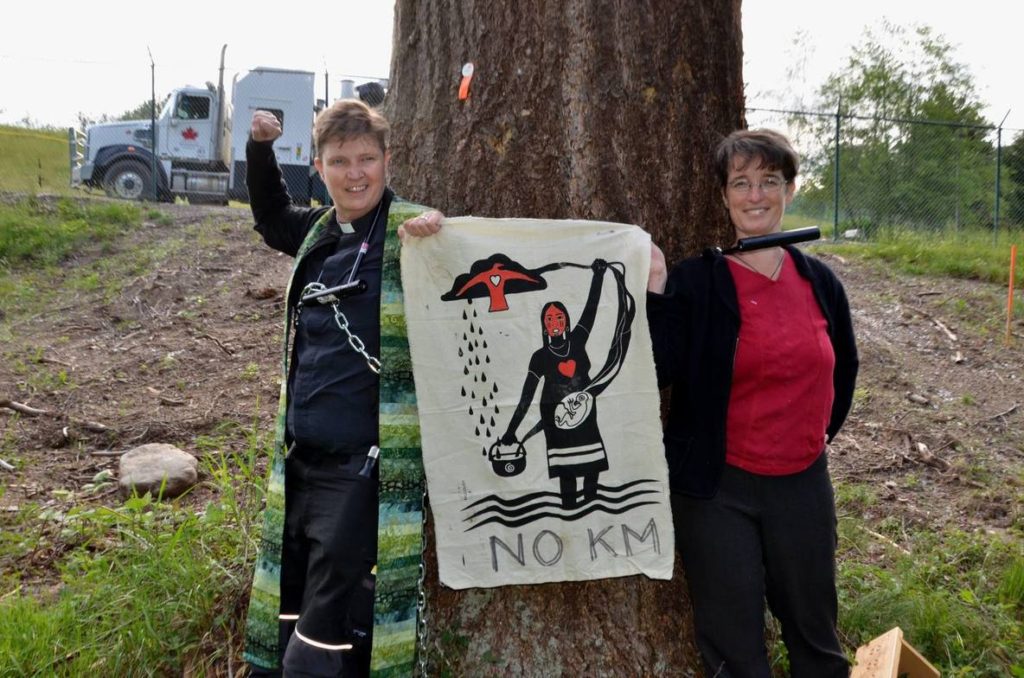 Our ongoing concern is for the safety of all involved in this conflict, and particularly the unarmed, peaceful Wet’suwet’en land and water protectors and their allies. We share the concern that the MMIWG Final Report Calls for Justice 13.1-13.5 have not been addressed in the planning and implementation of the Coastal Gaslink Pipeline. We call on the governments of Canada and British Columbia, along with Coastal Gaslink to “complete gender-based socio-economic impact assessments on” this project and “include provisions that address the impacts of projects on the safety and security of Indigenous women, girls, and 2SLGBTQQIA people.”
Our ongoing concern is for the safety of all involved in this conflict, and particularly the unarmed, peaceful Wet’suwet’en land and water protectors and their allies. We share the concern that the MMIWG Final Report Calls for Justice 13.1-13.5 have not been addressed in the planning and implementation of the Coastal Gaslink Pipeline. We call on the governments of Canada and British Columbia, along with Coastal Gaslink to “complete gender-based socio-economic impact assessments on” this project and “include provisions that address the impacts of projects on the safety and security of Indigenous women, girls, and 2SLGBTQQIA people.”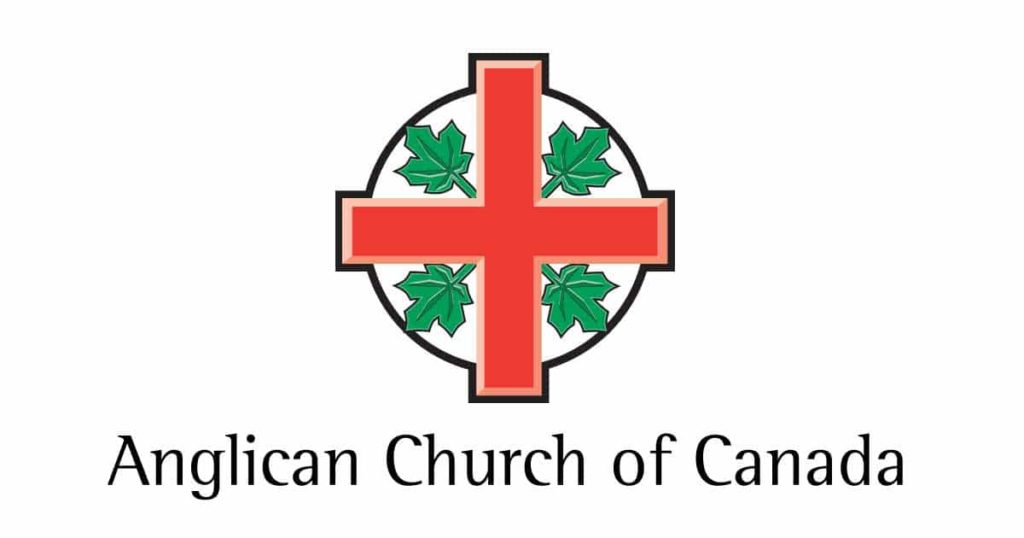 Dear Prime Minister Trudeau:
Dear Prime Minister Trudeau: We must reimagine the entire edifice of our faith, including what we mean by “God” and divine attributes of sovereignty, providence and love that we so often instinctively depend on. In short, we must embrace a radical theology of risk, unhindered by suspicion and fear of the unknown. We cannot be afraid of what Peter Berger called “the heretical imperative.” What will happen when we undertake together this fundamental reimagination? Our liturgies will become more creative. Our mission—our love for the world—will be intensified. Our imitation of Jesus will be palpable.
We must reimagine the entire edifice of our faith, including what we mean by “God” and divine attributes of sovereignty, providence and love that we so often instinctively depend on. In short, we must embrace a radical theology of risk, unhindered by suspicion and fear of the unknown. We cannot be afraid of what Peter Berger called “the heretical imperative.” What will happen when we undertake together this fundamental reimagination? Our liturgies will become more creative. Our mission—our love for the world—will be intensified. Our imitation of Jesus will be palpable.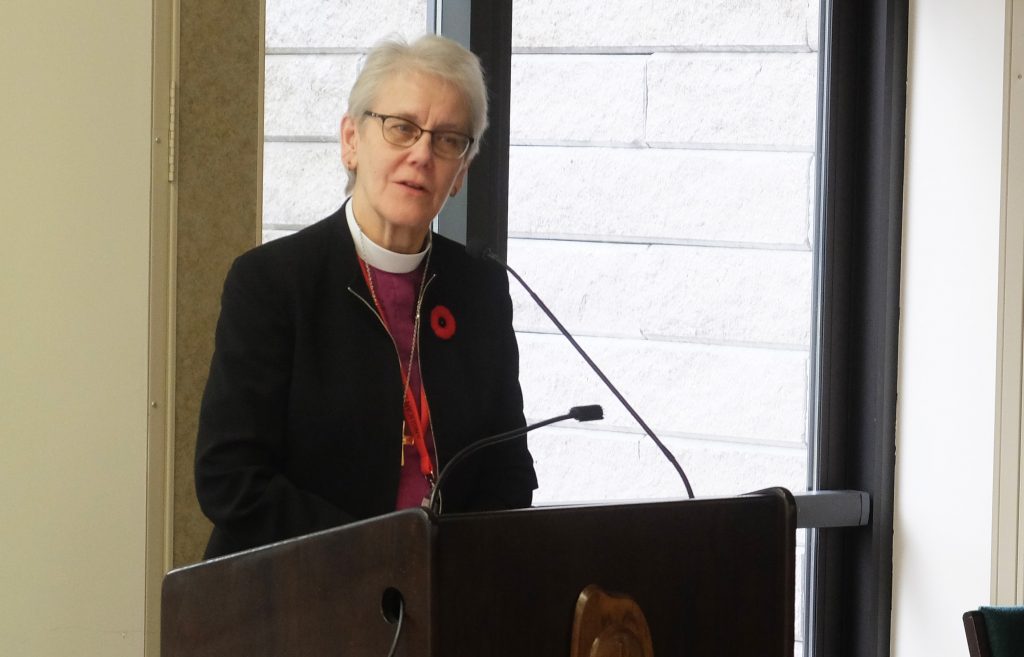 “I don’t think they’re a surprise to anybody,” Nicholls said of the statistics in an interview with the Anglican Journal. “Anybody who’s been in the church in the pews, or as a priest, or as a deacon or a bishop has known that this decline has been happening. We see it every Sunday, we see it in lots of ways. “I think it is a wake-up call…. If people are not coming to the church and finding a place of hope and good news, then we have to ask, ‘How are we presenting that hope and good news to this current generation and time? And what might need to be tried?”
“I don’t think they’re a surprise to anybody,” Nicholls said of the statistics in an interview with the Anglican Journal. “Anybody who’s been in the church in the pews, or as a priest, or as a deacon or a bishop has known that this decline has been happening. We see it every Sunday, we see it in lots of ways. “I think it is a wake-up call…. If people are not coming to the church and finding a place of hope and good news, then we have to ask, ‘How are we presenting that hope and good news to this current generation and time? And what might need to be tried?” A far more common practice for congregations struggling with mounting financial obligations, aging buildings, or dipping attendance numbers is the church merger. In recent years, many Anglican churches around the country have joined congregations with others nearby, or even with local Lutheran churches. In the diocese of Qu’Appelle, a merger has been proposed that would see seven churches in the Regina area possibly amalgamated into a single congregation.
A far more common practice for congregations struggling with mounting financial obligations, aging buildings, or dipping attendance numbers is the church merger. In recent years, many Anglican churches around the country have joined congregations with others nearby, or even with local Lutheran churches. In the diocese of Qu’Appelle, a merger has been proposed that would see seven churches in the Regina area possibly amalgamated into a single congregation.